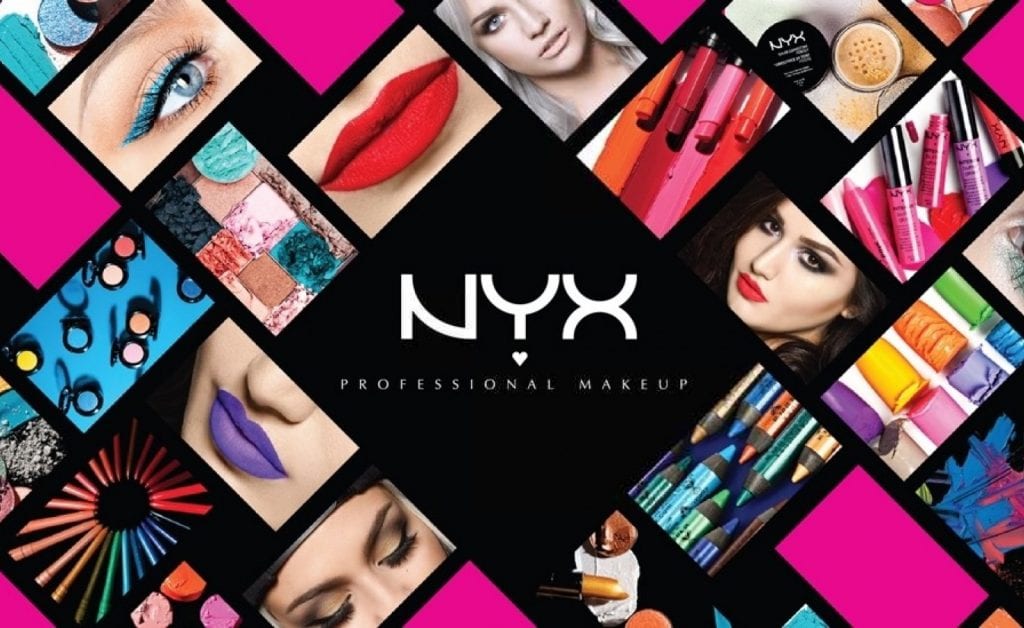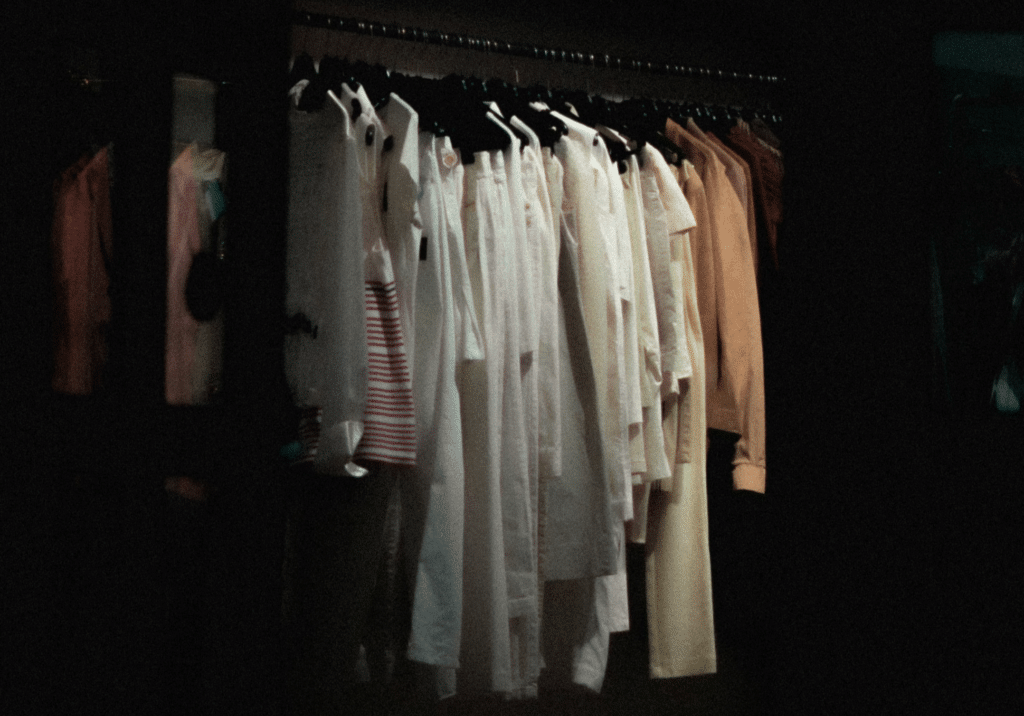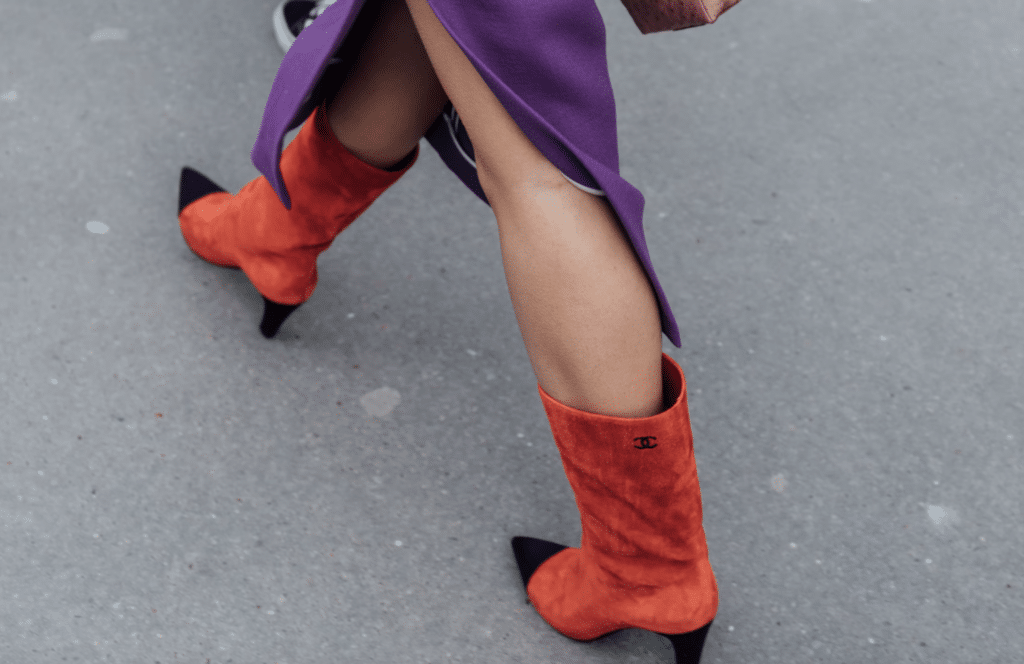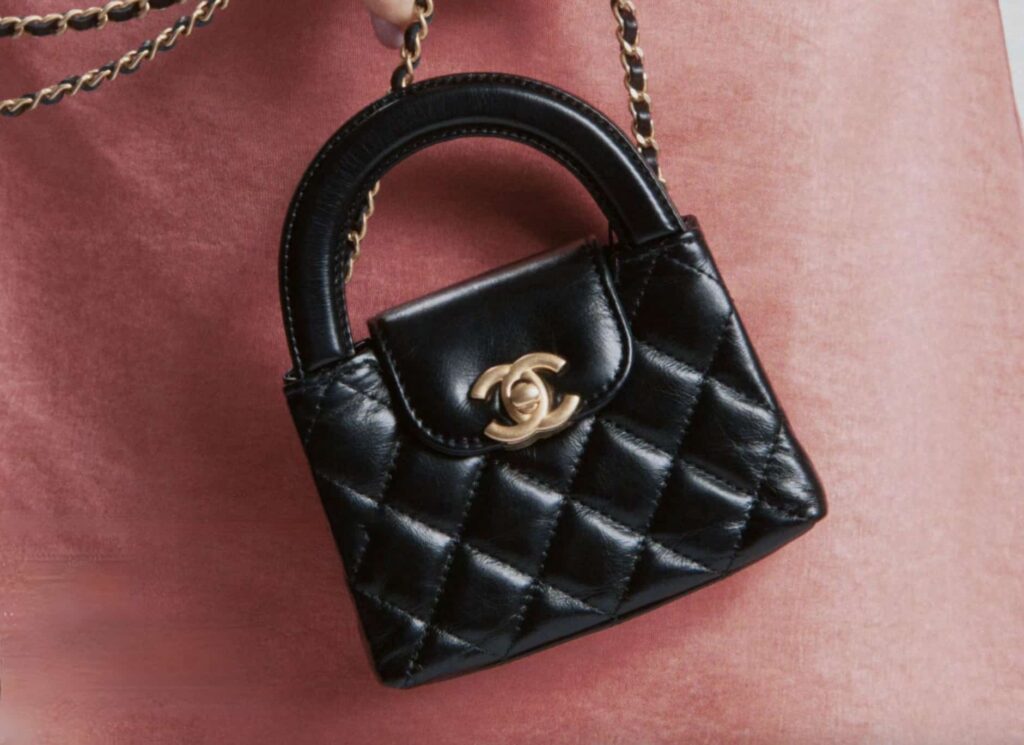There is a significant misconception that once you post a photo on social media, the corresponding platform – whether it be Facebook, Instagram, Twitter, Snapchat, etc. – becomes the “owner” of your content. That is simply not true. You, as the copyright holder of an image (if it is, in fact, your photo), grant the platform a license to use the photos, but you do notautomatically transfer that ownership (and all of the exclusive rights copyright law entails) every time you post a selfie on Instagram.
In brands’ pushes to utilize user-generated content, Los Angeles-based NYX Cosmetics is taking things a step further. In addition to sourcing photos from users via hashtags and brand-specific tags on Instagram, a popular tactic for brands in 2017, NYX has essentially taken to stating in its very lengthy terms and conditions (which you have to go to NYX’s website to read) that when you use the hashtag “#nyxcosmetics” on any of the photos you post on Instagram, you are granting NYX the right to “alter,” “edit” and “re-post” that content without your authorization.
Yes, you read that correctly. The relevant part of the company’s terms is as follows:
AS STATED IN INSTAGRAM’S PRIVACY POLICY, ONCE YOU HAVE SHARED USER CONTENT OR MADE IT PUBLIC, THAT USER CONTENT MAY BE RE-SHARED BY OTHERS. NYX PROFESSIONAL MAKEUP SHALL HAVE THE RIGHT TO USE ANY CONTENT SUBMITTED BY USER USING A NYX PROFESSIONAL MAKEUP-CREATED HASHTAG AND SHALL HAVE THE RIGHT WITHOUT LIMITATION TO EDIT, STYLIZE, CROP, DIGITIZE OR ALTER THIS CONTENT AND USE YOUR CONTENT IN ACCORDANCE WITH THE RIGHTS YOU GRANT UNDER THESE TERMS AND OUR GENERAL NYX PROFESSIONAL MAKEUP WEBSITE TERMS AND CONDITIONS LOCATED AT WWW.NYXCOSMETICS.COM/TERMSANDCONDITIONS.HTML.
As NYX states above, once an Instagram user posts a photo, that content MAY be re-shared. This is true. There is a chance that someone will repost your photo without your authorization. That is just kind of how social media works nowadays; it is by far more of a sharing economy than a creating one. That does not diminish your rights as the copyright holder, however, to file a lawsuit or an Instagram copyright complaint when your images are used without your authorization. This was the issue central to the recent #NoFreePhotos movement, after all.
It is worth noting that Instagram’s terms state that “copyright is a legal right that protects original works of authorship,” and the photo-sharing platform provides its users with the opportunity to file a copyright infringement complaint if he/she “believes someone is using [his/her] copyrighted work without [his/her] permission.” So, inherently, as a result of making a copyright infringement complaint vehicle possible, Instagram is not under the belief that by posting photos on your account others (aka parties that are not Instagram) are free to use them without your permission.
Chances are, if you use NYX’s hashtag and the company subsequently makes use of your image without authorization, you might be able pursue a merited copyright infringement case against them, regardless of the fact that their terms and conditions state otherwise – on the basis of contract law.
As the court noted in Specht v. Netscape, a case that went before the United States Court of Appeals for the Second Circuit in 2001 and that centered on the enforceability of browse-wrap software licenses, “Reasonably conspicuous notice of the existence of contract terms and unambiguous manifestation of assent to those terms by consumers are essential if electronic bargaining is to have integrity and credibility.”
In the hypothetical case at hand, NYX’s contract terms (that by using its hashtags you are agreeing to grant them a license to use your imagery) are hidden away on their website and not visible or conspicuous on Instagram. One might be able to make the argument that this is ambiguous and does not give rise to a fair – or valid – contract.
Either way, proceed with caution with your hashtag usage when it comes to brands, friends.











